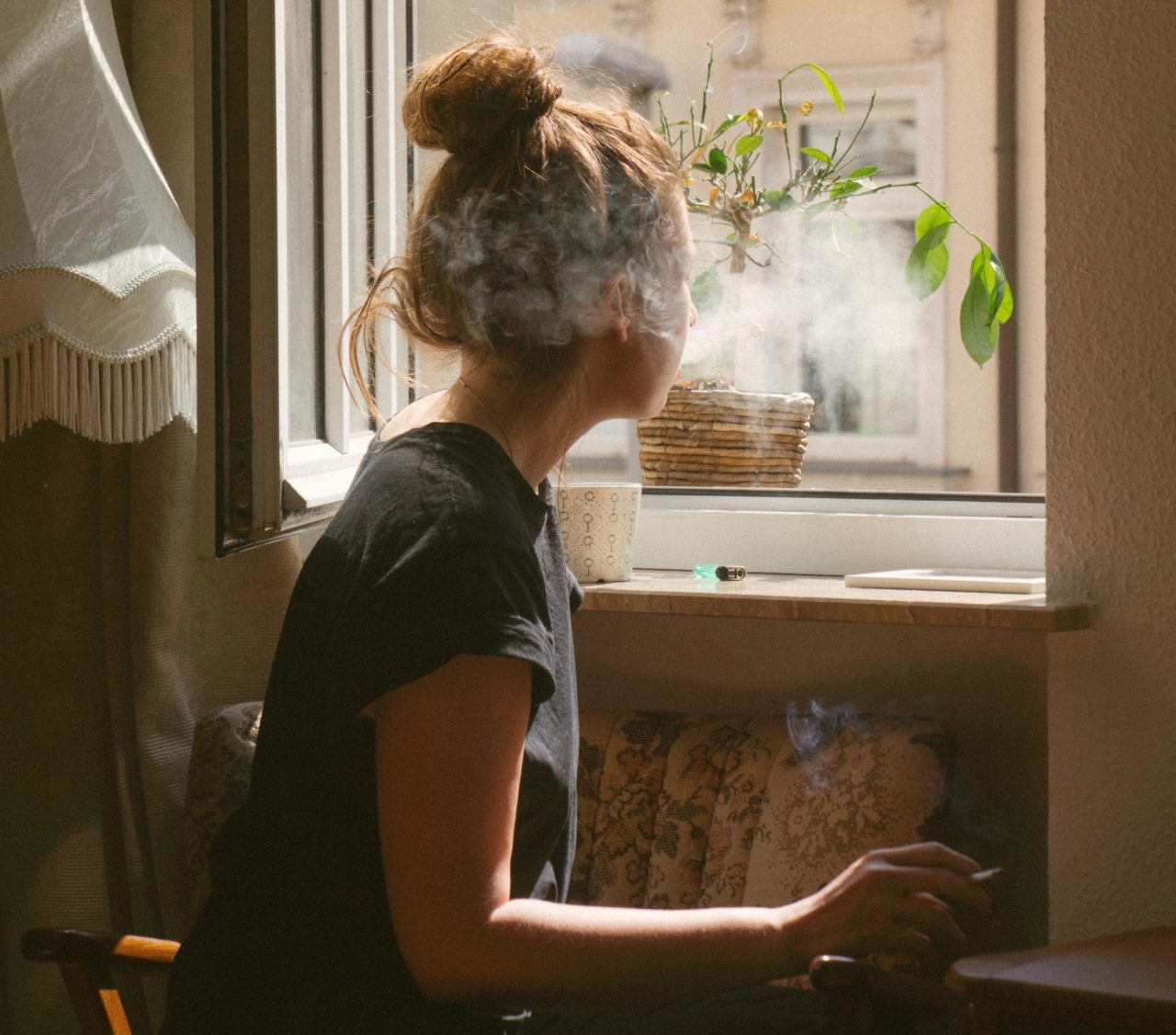The alarming recent news stories of university students dying of overdoses in their university halls has caused great concern among parents who are stranded miles away from their isolated children, some of whom are away from home for the first time. Unfortunately, drugs at universities are a long-standing problem. Recent statistics show that on average around 50% of students at university try some kind of drug. In a 2018 National Union of Students study, 31% of the students who said they took drugs said they did so to cope with stress, and 22% said they did so to self-medicate for an existing mental health problem. While drug deaths are still a relatively rare occurrence, it is something that parents should be aware of.
Ian Soars, CEO of Fegans warns: ‘The rule of unintended consequences is massively amplified when dealing with children and young people; ultimately we have cooped up some of our nation’s most intelligent and inquisitive people who suddenly find themselves without purpose, without structure and often without hope. We have to acknowledge that as a country we got this wrong and let them go home where at least they will be cared for, fed well and have more freedom than the cramped corridors of student accommodation. We will have to trust the on-line learning will adapt quickly enough to be able to give them the education they expect and deserve. The cost will only get higher if we don’t.’
What can we as parents do to protect our children and help them through the added stress that they are currently experiencing during university lockdowns?
GP Dr Faye Hinsley says: ‘The tensions and stressors affecting young people at this time are unmistakable. The pandemic seems to have taken a slingshot on higher education, in particular those who are in their first year of university. The isolation that many are now working in will be a source of regret and sadness, and some may seek the short-term relief of self-medicated or recreational drugs. However, many of these drugs affect cognitive abilities in the short term, and psychosocial adaptability and resilience in the longer term and should be avoided. Instead, efforts should be made to externalise points of tension intentionally through conversations, physical activity, or voluntary/charity work which have been shown to be healthy coping mechanisms for times of adversity. If young people feel they need further help or advice, they should contact their GP.’
How to help your child if they have taken drugs:
If you find out your child has tried drugs, rather than panicking or getting angry, wait until you’re calm before discussing it with them, and show them love and concern. Fegans’ counsellor Debbie Pattison says: ‘Parents need to listen with no judgement, and try to enquire why they did it. Children need to know that while they may face peer pressure, whatever they choose to do regarding drugs is their decision and it’s important to make the right one. Talk to them about where drugs come from and that it’s impossible to know what’s actually in them. Taking drugs can cause brain damage, paranoia and hallucinations and is also illegal- they are risking their future as they could face police involvement or being thrown out of university.’
It is useful as a parent to research the effects and dangers of various drugs, so you are aware of the issues. The drugs website FRANK is a great source of information. Dr Debbie Ray adds: ‘This is what I would say to university students thinking of taking drugs – Every time you take a recreational drug it’s a gamble with your mental health and long-term brain health. That unlabelled powder or tablet or herb you are putting inside your body can’t be removed once it’s inside. If you react badly to it -you will just have to wait until you feel normal again. But what if you don’t? What if it affects your ability to think? To concentrate? To feel happy? It’s a gamble, like getting in a car without a seat belt on.’
Encourage them to be around others if possible while in their halls. Not only is being around the other students good for their mental health, it’s also safer should someone have ingested a substance, as drug taking while alone carries a far higher risk. If they are unable to mix with others in their halls then keeping up communication with others via Zoom and video calls is important. It can also be beneficial to encourage them to look out for each other in their halls- watch out for signs that other students might be struggling such as acting differently- and report it.
Coping with lockdown is extremely tough but Debbie Pattison says the best way to deal with it is by creating structure in each day: ‘Rather than focussing on what they can’t do during lockdown, focus on what they can do. Maybe they could pursue new hobbies or interests such as music, art,cooking or writing. They could also work out in their room.’
Useful resources regarding drug taking or mental health include We Are With You (formerly Addaction), Adfam, Drugsline and Mind.

